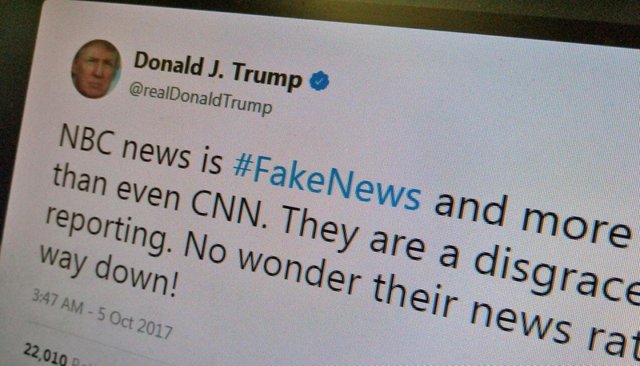The new revolution: FAKE NEWS
"More than news, it's manipulation."
The new social revolution that we see in social networks are "fake news". They are a serious problem caused by the large technological platforms and the decline of the media.
With the arrival of Facebook in 2004 as a pioneer of social networks and later with the incursion of twitter and instagram, spreading information became much easier, with a few clicks it could be reaching an audience of 3,028 million people who are currently assets of social networks, as revealed by the Global Digital Statshot study conducted by Hootsuite and We Are Social. This way we can compare the value of our columnists and star journalists with any search result from Google and with all the posts on Facebook, looking to add clicks.

The Fake news take relevance in the campaign of Donald Trump during the year 2016, in the presidential elections of the United States, however, they have revealed for the first time the crucial role of false news. Hillary Clinton blamed Russia for a campaign designed to make her lose the election.

"False news is the new weapons of mass destruction". Derrick Broze
The false news reaches its point of success when the public begins to debate it, although there is no evidence that it is authentic, this is how placing a news in the mass media has become an art, memes, publications, chain of messages are part of the arsenal available to people to make these famous Fake news.
In recent years it has become a viral phenomenon that invades social networks and worries governments, international organizations and academics, while Facebook and Twitter operate as spaces for information acquisition, Instagram and WhatsApp appear mainly as destined for sociability. as well as the networks of daily use for most people.
It depends on us citizens who consume all the content of the networks interested in what we read daily, large numbers of people statistically read news on their networks, as responsible citizens we must be interested if it is real what we read or not.
In the end we choose whether or not we are part of a system, if we are individuals or parts of a mass.